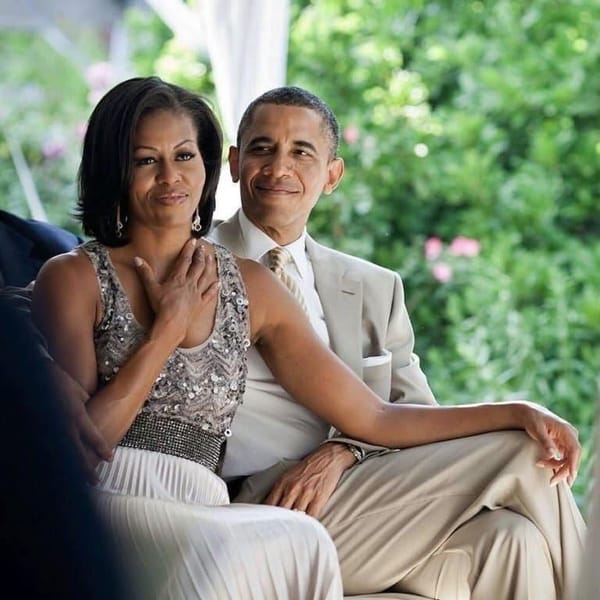What’s the catch? Because there is ALWAYS a catch with him! Waiting for the penny to drop…

I will defiantly celebrate the release of Israeli hostages. I will definitely celebrate the release of Palestinian hostages that the media refers to as prisoners. 😳 I will definitely celebrate the end to bombing Gaza.
I am now in wait and see mode and you know why. We simply cannot trust him. When people show you who they are, believe them and he certainly has shown us we have every damn reason to be skeptical.
Oh, where to begin? I’ll just roll out the red carpet of skepticism, because if there’s one thing we’ve learned over the years, it’s that when Trump calls something a “deal,” we better squint hard. Here’s my snark-laced take on why I’m raising a giant, flashing red flag about yesterday’s “peace deal” in Egypt.
First: the optics are too perfect. A grand summit in Sharm El-Sheikh, cameras flashing, world leaders posing for the perfect tableau, Trump signing a document alongside mediators from Qatar, Egypt, and Turkey. It’s the kind of scene you trot out when you want headlines, not hard outcomes. Nothing says “historic peace” quite like a staged photo opp.
Second: a deal doesn’t make it peace. The document is being hailed (by Trump, of course) as a groundbreaking ceasefire/peace plan. But when you dig into the fine print, whose voices are missing? The two primary parties — Israel and Hamas — weren’t directly part of yesterday’s signing ceremony. So is this a binding agreement or a theatrical press release dressed up in fancy fonts?
Third: “peace deal” is a generous label. What’s being signed is a ceasefire, a pause in hostilities — not necessarily a roadmap to lasting peace. Trump hailed his “20-point plan” as part of the framework, but plans are flexible things. He’s already dangling promises about future phases, reconstruction, demilitarization — all of which sound delightful, until you ask “How, exactly?” and “Who pays?”
Fourth: his track record is transactional, not altruistic. Let’s not pretend he’s the world’s most empathetic humanitarian. Everything Trump does is wrapped in power, leverage, and profit. Whether it’s real estate, branding, or political capital, he’s always angling for something — and rarely for pure “good will.” Yesterday’s deal gives him another marquee moment, another trophy, another chance to sit at the big table and say, “I delivered.” That doesn’t mean he delivered peace.
Fifth: watch for soft guarantees, vague language, and loopholes. Trump promised that the ceasefire “will hold up.” He signed the “Declaration for Enduring Peace and Prosperity.” Lovely wording — but declarations are not enforcement. Who ensures compliance? Which party gets penalized if someone violates it? What’s the mechanism for accountability? When someone talks about lofty ideals more than instruments, suspicion should rise.
Sixth: if it benefits Trump (or his allies), that’s not a coincidence. Big deals like this open doors for future contracts, influence, reconstruction funds, and regional investments. Reconstruction in Gaza alone is estimated to be in the tens of billions. Who wins the contracts? Who guides the “development” plans? Where do the money flows go? Trump has always been shrewd at aligning those flows.
Seventh: the deal’s proof will be in the durability — and we’ve seen too many broken promises. Ceasefires expire. Power vacuums emerge. Promised security arrangements stall. Maybe tomorrow, sections collapse, violence flares, or parties pick holes in the implementation. Then Trump can claim he did his part — it’s not his fault if others failed. He’s used that play before.
Finally: the public narrative matters more to him than reality. If he can brand himself “peace-maker,” the media eats it up. He gets to plaster that on his legacy. Whether Gaza ends up better or worse is less important (to him) than whether he looks like the guy who made peace. And if things go south, he’ll pivot: blame prior administrations, blame recalcitrant local actors, or re-phrase the deal as “phase one only, imperfect but a start.”
So yes — I’m skeptical. Because this doesn’t look like peace built on empathy, justice, and long-term structure. It looks like a spectacle, with a man skilled in crafting spectacle at its center. And until we see a durable ceasefire, a path to shared governance, real accountability, and reconstruction not dictated by cronyism, that skepticism is the only rational response.
Julie Bolejack, MBA
juliebolejack.com WEBSITE
mindfulactivist.etsy.com SHOP



